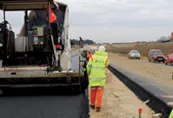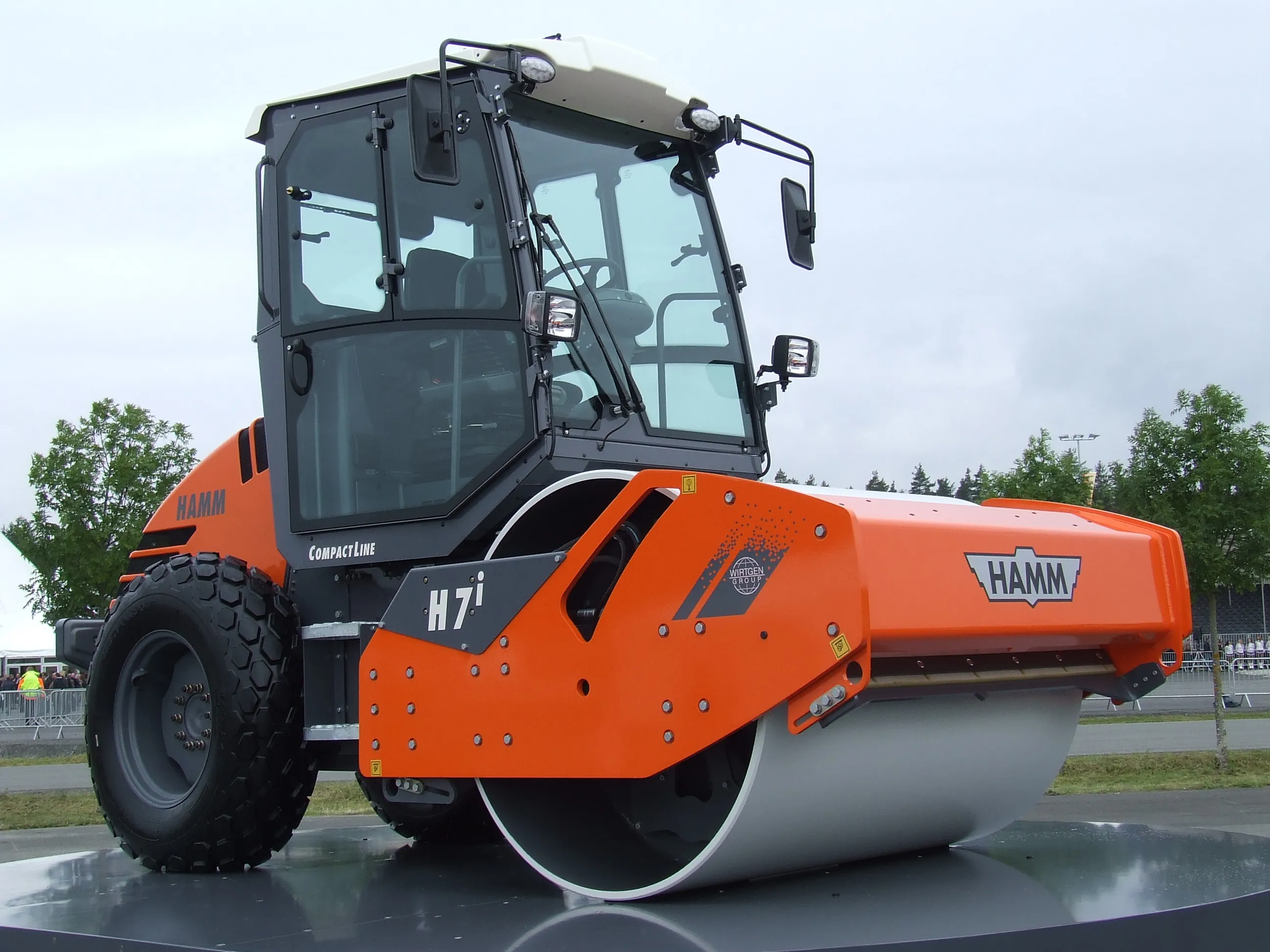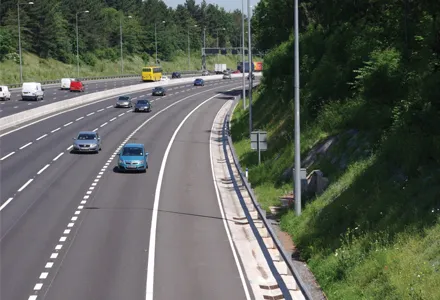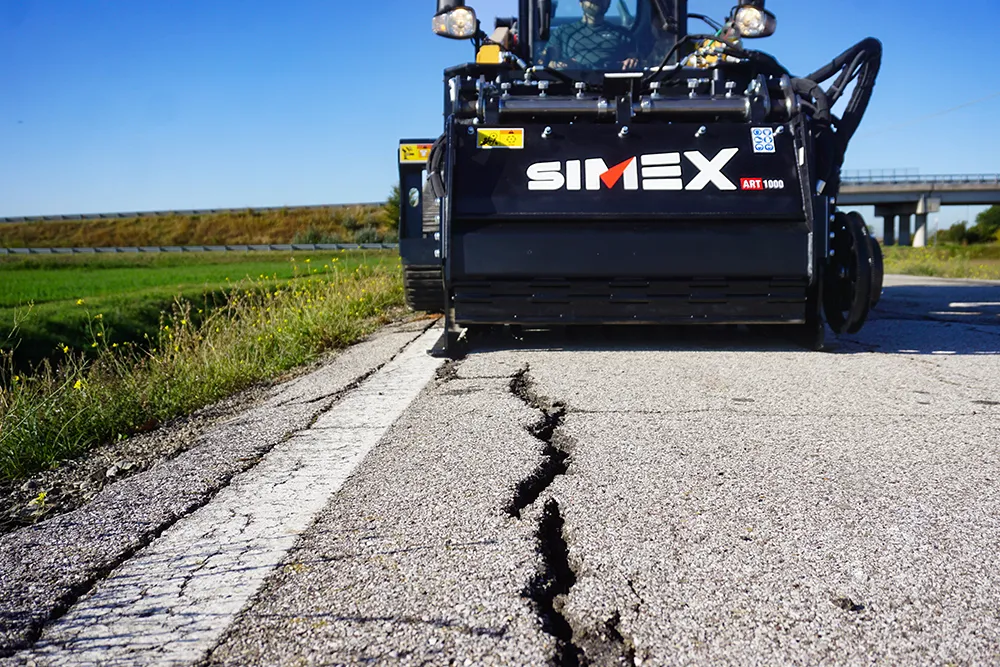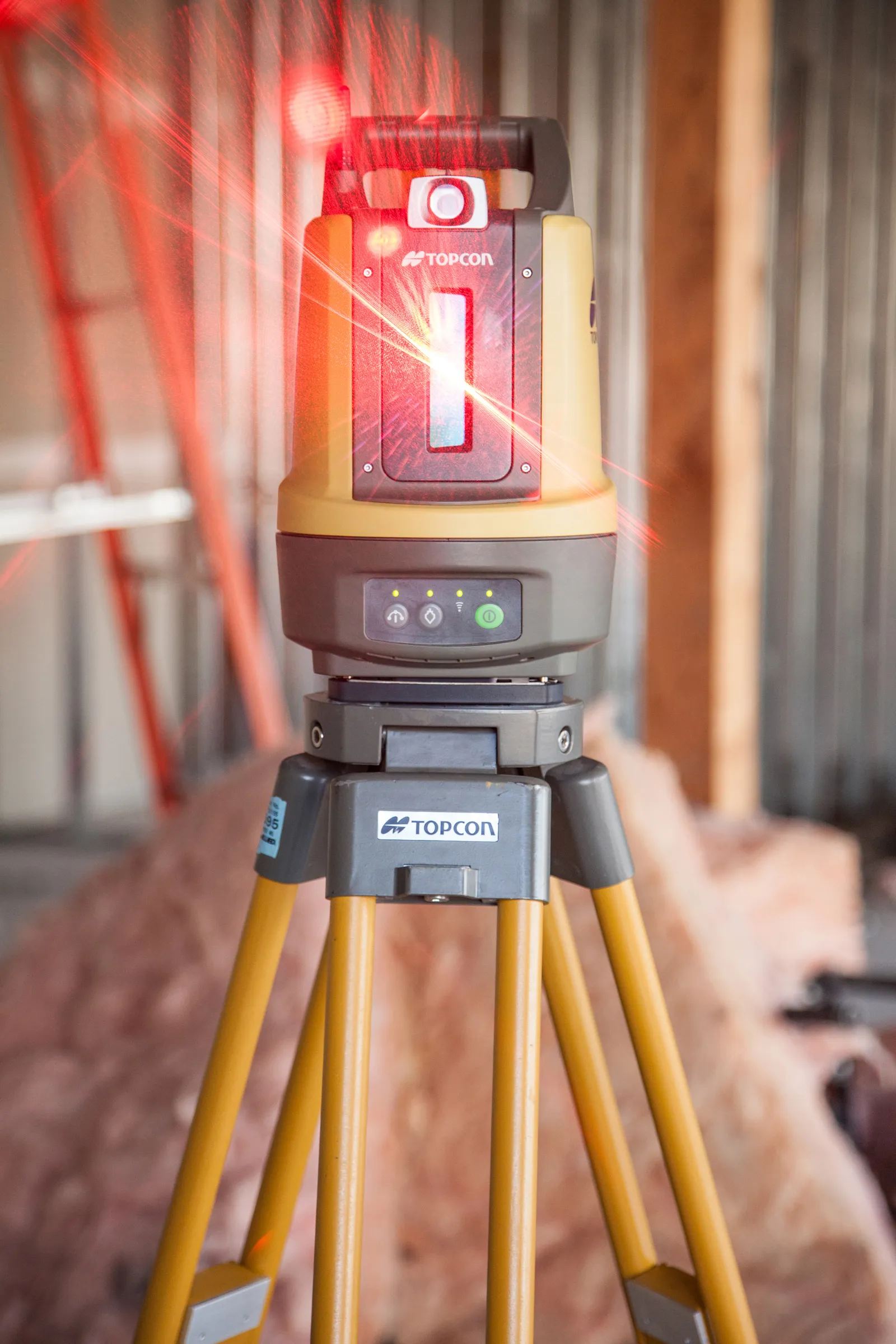Birse has used two machine control systems on the A14 project in the UK, one GPS-controlled to provide excavators with a +/-30mm accuracy and a second system which used a Trimble UTS as control on a grader to achieve +/- 5mm - well within the Highway Agency's sub-base tolerance of +10/-30mm. This meant that when it came to the asphalt surface, Birse agreed a thickness and Lafarge, the blacktop contractor, let the paving machine run instead of the operators constantly making manual adjustments. At the end of
July 12, 2012
Read time: 1 min
